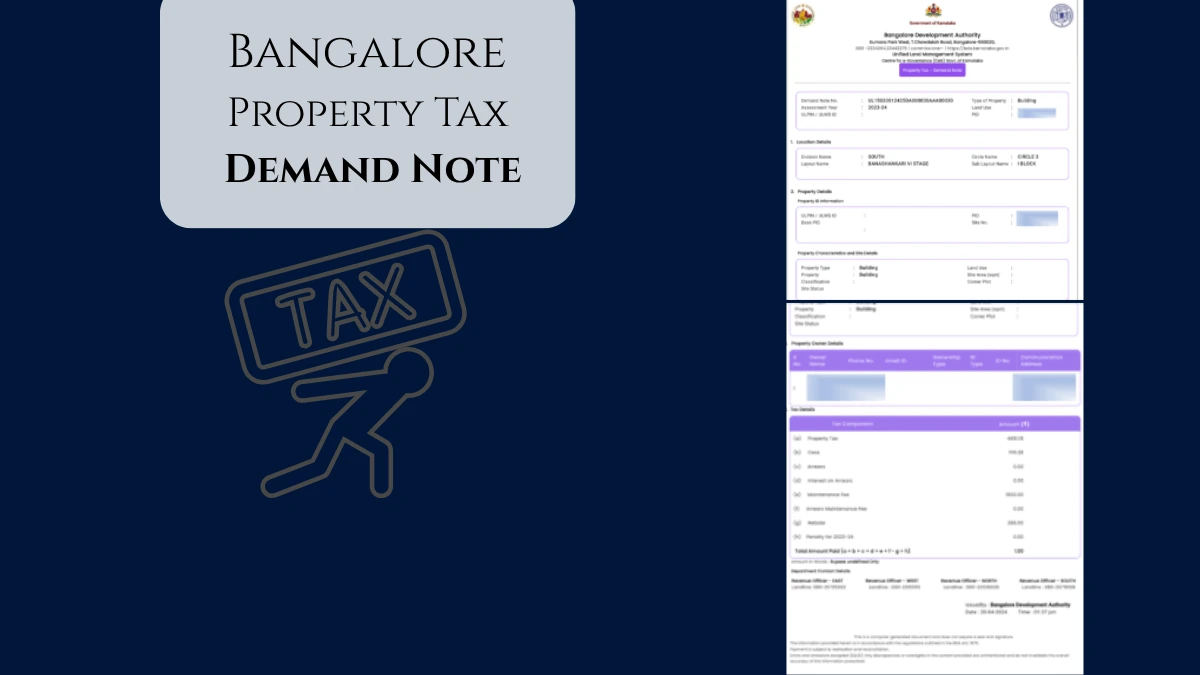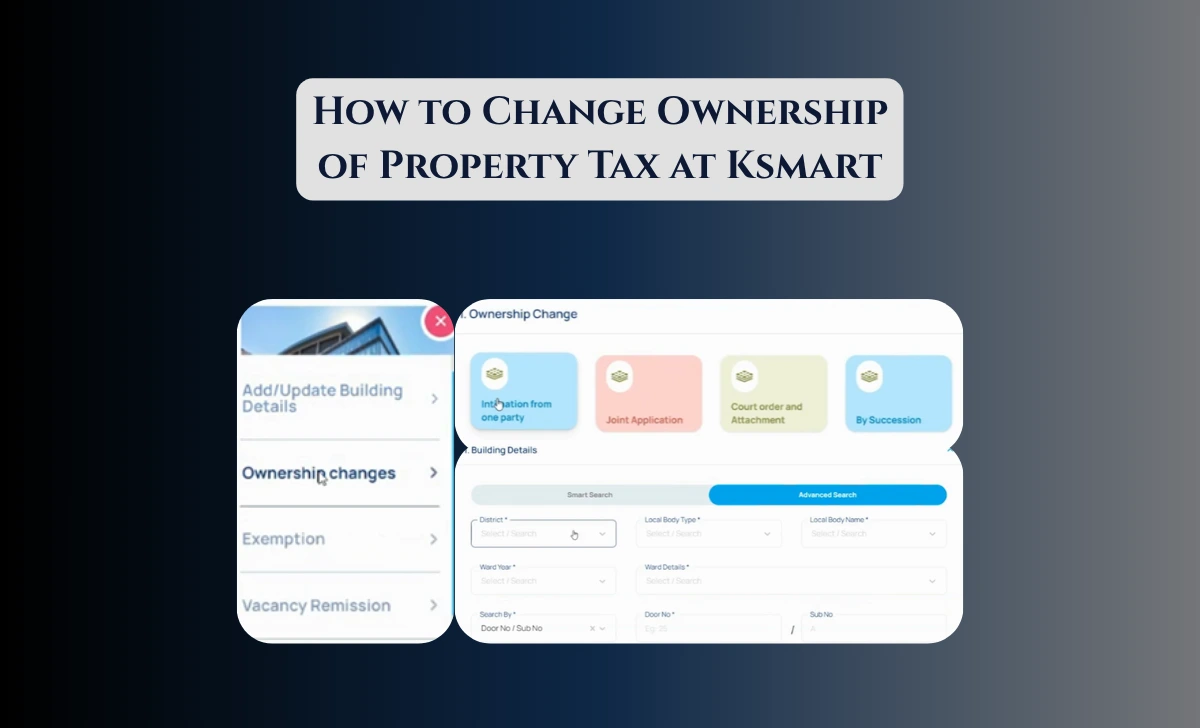In India buying property from NRI (Non Resident Indian) involves navigating complex tax regulations, particularly TDS on property transactions under Section 195 of the Income Tax Act.
Recent amendments under the Income Tax Bill 2025 and revised residency rules have intensified the complexity, making it essential for buying property from NRI to understand updated TDS rates, exemptions under Sections 54/54EC, and strategies to leverage Double Taxation Avoidance Agreements (DTAA).
This guide synthesizes legislative updates, procedural formalities, and financial planning considerations to ensure seamless transactions while avoiding penalties.
Additionally, it highlights critical precautions to safeguard investments and ensure compliance with India’s evolving real estate and tax laws.

1. Legal Framework When Buying Property from NRI
Section 195 Compliance and Recent Amendments
Under Section 195, buyers must deduct TDS at 20% (long-term gains) or 30% (short-term gains) for NRI sellers, plus applicable surcharges and cess.
The Income Tax Bill 2025 retains this framework but introduces stricter compliance measures, including mandatory disclosure of global income for high earning NRIs.
Notably, buyers must verify the seller’s residency status under DTAA provisions to avoid double taxation.
Impact of Union Budget 2024 on Indexation
The Budget 2024 removed indexation benefits for properties sold after July 23, 2024, unless held for over 36 months.
Example, a property purchased in 2020 and sold in 2025 now faces a flat 12.5% TDS without inflation adjustment, increasing tax liability.
2. TDS Rates and Calculation Post -July 2024
Revised Rate Structure
| Holding Period | TDS Rate | Surcharge (If Applicable) | Effective Rate (Incl. 4% Cess) |
|---|---|---|---|
| Long-term (>24 months) | 12.5% | 15% | 14.375% to 14.96% |
| Short-term (≤24 months) | 30% | 15% | 34.5% to 35.88% |
For instance, selling a property for Rs. 2 crore with Rs. 1.2 crore LTCG incurs TDS of Rs.17.95 lakh (14.96% of Rs. 1.2 crore).
3. Procedural Requirements for Buying Property from NRI
Lower Deduction Certificate (LDC) Application
NRIs can apply for LDC via Form 13 on the TRACES portal, disclosing projected capital gains and Indian income.
Approval reduces TDS liability proportionally.
For example, if an NRI’s actual tax liability is 10%, TDS drops from 20% to 10%.
TAN Registration and TDS Payment
Buyers must obtain a TAN and deposit TDS via Form 26QB within 30 days of payment. Delays attract 1% monthly interest.
4. Exemptions Under Sections 54 and 54EC for Buying a Property from NRI
Section 54: Reinvestment in Residential Property
- Exemption Limit: Up to Rs. 10 crore.
- Timeline: Purchase 1 year before/2 years after sale or construct within 3 years.
- Conditions: New property must be in India and retained for ≥3 years.
Section 54EC: Investment in Specified Bonds
- Maximum Investment: Rs. 50 lakh annually in NHAI/REC bonds.
- Lock-in Period: 5 years.
When considering exemptions under Sections 54 and 54EC, it’s also important to understand broader tax rules for owning multiple properties, such as the implications of owning two houses, which can impact your tax liability and exemptions. For more insights, refer to Tax Implications of Owning Two Houses.
5. Precautions for Secure Transactions When We Buy Property from NRI
Verify Permissible Property Types
NRIs are prohibited from purchasing agricultural land, plantations, or farmhouses unless inherited. Before proceeding, confirm the property’s classification through zoning records and municipal approvals.
For instance, agricultural land converted to residential use requires a non-agricultural (NA) order from local authorities.
Violating these restrictions can lead to void transactions or confiscation.
In addition to verifying property titles, buyers should be aware of property tax exemptions and rebates available, which can significantly reduce their tax burden. Understanding these exemptions can help in negotiating better deals or planning future investments, So just learn more about Understanding Property Tax Exemptions and Rebates.
Adhere to FEMA and RBI Guidelines
Funds for NRI property transactions must originate from inward remittances or NRO/NRE accounts, as per FEMA regulations.
Payments through cash or unauthorized channels risk penalties under the Foreign Exchange Management Act.
Additionally, ensure the seller’s funds are repatriated via Form 15CA/CB to comply with RBI’s foreign exchange protocols.
Conduct Comprehensive Title Checks
Approximately 30% of property disputes in India involve fraudulent titles or unresolved inheritance claims.
Engage legal experts to verify ownership history through the State Land Revenue Department and obtain an Encumbrance Certificate (EC) spanning 30–40 years.
Cross-referencing records with the Sub-Registrar Office and RERA portals ensures the title is marketable and free of liens.
Physical Site Inspection and Encroachment Checks
Vacant plots are prone to illegal encroachments, with 18% of NRI owned lands facing unauthorized occupation.
Hire local surveyors to inspect boundaries, confirm possession status, and identify unauthorized structures.
6. Residency Rules Under Income Tax Bill 2025
120-Day Rule for High-Income NRIs
NRIs earning >= Rs. 15 lakh in India and staying >=120 days annually are classified as RNORs, making their Indian income taxable.
Example: An NRI staying 130 days with Rs. 20 lakh Indian income faces RNOR status.
Deemed Residency for Stateless Indians
Indian citizens earning >= Rs. 15 lakh domestically but not taxed elsewhere are deemed residents, taxing global income.
When calculating capital gains and TDS, it’s crucial to accurately determine the property gain tax, so just have a detailed guide on how to calculate property gain tax, by visiting Calculating Property Gain Tax.
7. Financial Planning and Compliance for Buying a Property from NRI
Staggered Payments and Cash Flow Management
Align installment dates with TDS deadlines to manage cash flow effectively.
For instance, buyers can negotiate payment schedules with sellers to ensure liquidity during TDS payment periods.
If you encounter payment issues, refer to this guide on common issues and solutions for property tax payment online.
Consulting CAs for Compliance
Engage tax professionals to verify PoA validity, TDS calculations, and Form 15CB compliance.
This ensures adherence to RBI’s foreign exchange regulations and avoids penalties for non-compliance.
In real estate transactions, property tax compliance plays a vital role, often requiring a No Objection Certificate (NOC) for smooth transfers. To understand the role of property tax in transactions, see Property Tax NOC Role in real estate transactions.
Additionally, maximizing tax savings on long-term capital gains can be beneficial, explore strategies for maximizing tax savings on LTCG property investments.
RERA Compliance for Under-Construction Properties
Ensure the project is RERA-registered to guarantee transparency in delivery timelines and construction quality. Verify the builder’s track record through RERA portals and customer testimonials.
Opt for Title Insurance
Title insurance shields buyers from losses due to ownership disputes or forgery.
Premiums range from 0.1% to 0.5% of the property value and cover legal fees, compensation, and third-party claims.
This is particularly critical for high-value transactions in litigation-prone states like Maharashtra and Delhi.
Final Words: The evolving tax landscape necessitates vigilance in TDS compliance, residency status assessment, and strategic use of exemptions.
Buying property from NRI must prioritize LDC applications, DTAA relief, and adherence to post-2024 indexation rules. Proactive engagement with tax professionals and leveraging digital tools like TRACES will mitigate risks and optimize outcomes in NRI property transactions.
By integrating these precautions, buyers can secure their investments while ensuring compliance with India’s dynamic regulatory landscape, So Buying property from NRI requires meticulous planning to avoid tax pitfalls and ensure a smooth transaction.





